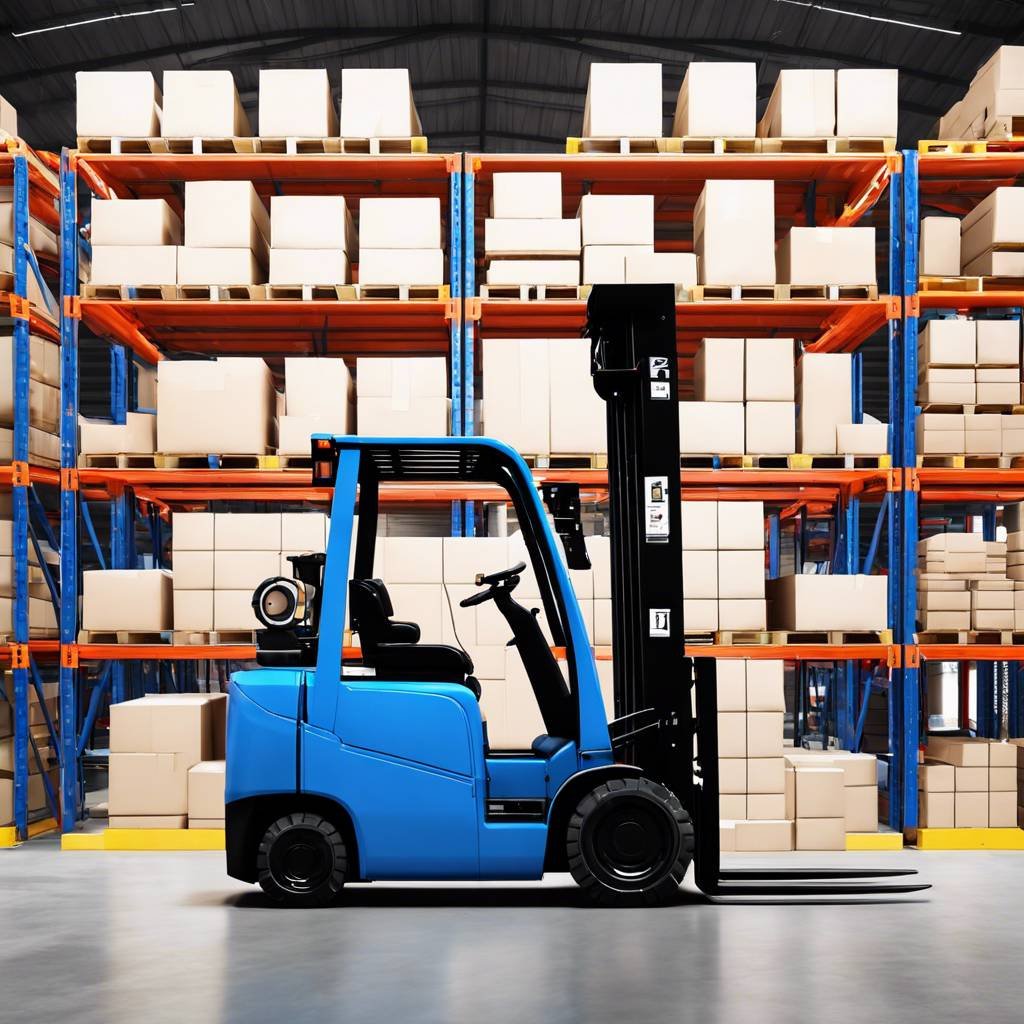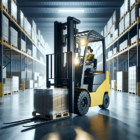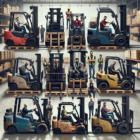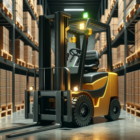In the volatile landscape of the construction sector, where the risk of financial distress and insolvency looms large, it’s crucial that businesses involved in this industry—large or small—strategically manage their operating costs to avoid becoming part of the grim statistics. For companies in Sydney that rely on heavy equipment to carry out their projects, decisions regarding forklift hire in Sydney, servicing, and repairs greatly affect overall financial health. In these critical times, understanding the value of efficient asset management is paramount.
With the recent turmoil seen in the construction sector globally, we have witnessed thousands of companies grappling with financial strain. The risks extend far beyond the direct stakeholders, affecting the complex network of suppliers, contractors, and service providers. For businesses in the construction supply chain, including those requiring forklifts for their operations, the ripple effect of a major player’s collapse could be detrimental.
One way for firms to safeguard their operations against the sector’s unpredictability is to optimise their management of construction equipment. For instance, forklift hire in Sydney offers a flexible solution over purchasing. Hiring equipment means firms can scale their operations up or down in response to project demands without bearing the financial burden of ownership. This flexibility is an excellent defense against market volatility, allowing companies to adapt more quickly and efficiently without a significant financial commitment.
When it comes to forklift servicing in Sydney, partnering with a reputable service provider ensures that your forklifts are in pristine working condition, which in turn reduces downtime and boosts productivity. Regular servicing keeps the machines running at their best, preventing costly repairs down the line—repairs that can add substantial stress to a company’s cash flow, especially if they entail downtime. Forklift repairs are essential and should not be neglected, as they can mean the difference between keeping a project on track and watching it derail amidst financial constraints.
Making informed choices is crucial when it comes to the type of forklift used for operations. The decision between a diesel forklift versus an electric forklift, for instance, affects long-term costs and environmental impact. An electric forklift may have a higher upfront cost but offers long-term savings through lower running costs and reduced maintenance needs compared to diesel models. The environmental benefits of electric forklifts can also resonate with clients who prioritize sustainability, potentially leading to more business opportunities. Such strategic decisions can help buffer a company against potential crises.
Moreover, current models like the Toyota forklift offer state-of-the-art features that can enhance safety and efficiency. However, a strategic approach must be taken when determining whether to invest in these advanced models or opt for more affordable, reliable options available through hire services.
In the face of looming industry downturns like the one recently observed in the UK, where construction insolvencies contribute 17 percent to the country’s overall insolvency figures, the agility provided through hiring and diligent servicing of equipment like forklifts cannot be understated. It is the unseen financial safety net that supports construction companies to weather economic storms.
Indeed, when faced with the complexity of financial distress and the long horizon of recovery, as demonstrated by the multi-year process of reclaiming money from firms in liquidation, a business strategy that includes flexible asset management such as hiring, diligent servicing, and timely repairs provides an invaluable buffer.
Australian construction firms need to recognize the importance of sound financial and operational strategies, including decisions about their forklift fleets. In such a challenging economic environment, robust management of logistical assets like forklifts can help firms maintain solvency, avoid costly downtime, and ensure the smooth running of their operations.
Finally, considering the potential impact of bad debt within the sector—potentially reaching GBP1 billion by early 2024—it’s more important than ever for companies to adopt prudent financial and operational practices. For those entangled in the supply chains of the construction world, investing in the right partnerships for forklift hire, servicing, and repairs may just be the strategic foresight that steers a company clear of financial distress.





